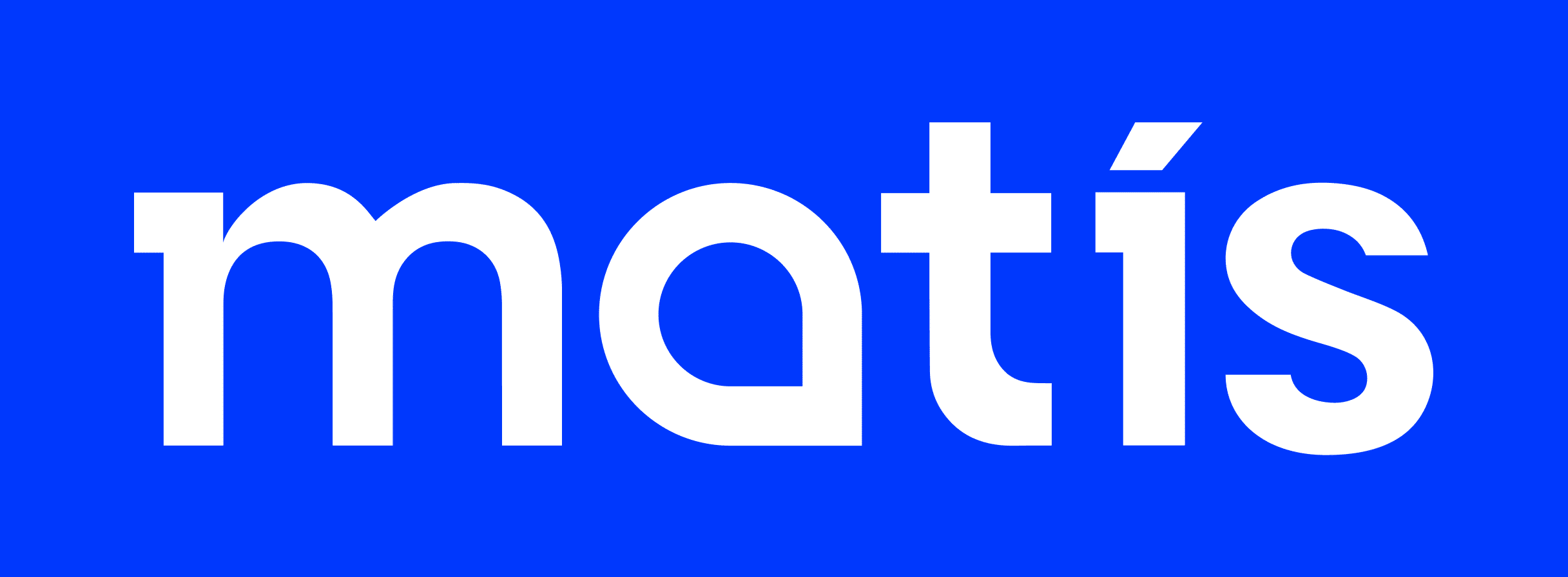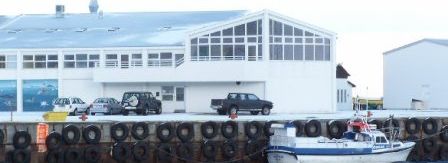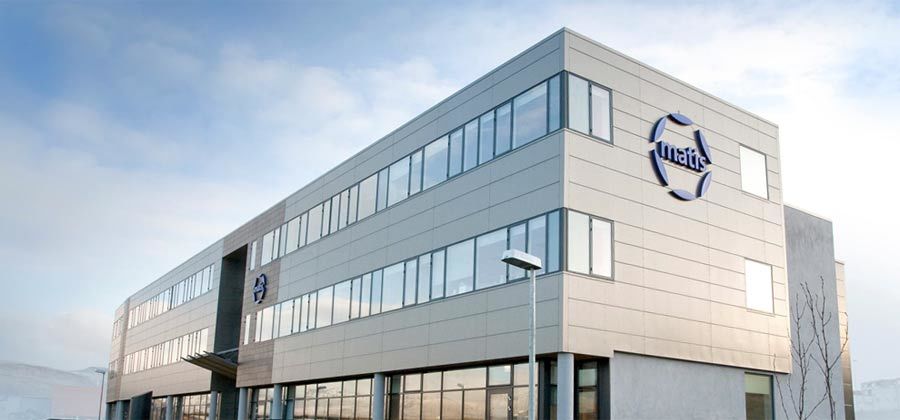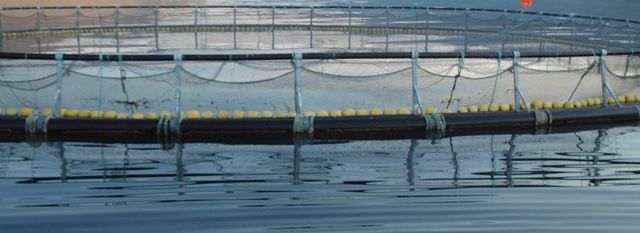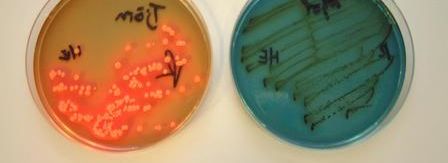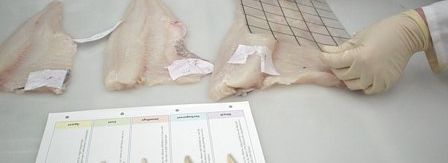On Thursday 5 January, a large meeting was held in Verin, the new Hólar School Development Center, located at Háeyri 1 by the harbor in Sauðárkrókur. The purpose of the meeting was to present a 6 million ISK grant that the Ministries of Fisheries and Industry have provided to support research in the field of aquaculture, seafood processing and food processing in Sauðárkrókur and at Hólaskóli.
In a report in Morgunblaðin last Saturday, Einar Guðfinnsson, the Minister of Fisheries, is quoted as saying that "the future is bright in Skagafjörður and the Development Center will certainly produce significant research and discoveries for the benefit of the Icelandic fishing industry."
IFL has for a long time operated four branches in the countryside and has therefore long focused on strengthening its research in the countryside. IFL has recently placed increased emphasis on strengthening co-operation with higher education institutions anywhere in the country.
A co-operation agreement is in force between IFL and Hólar University for research, and an IFL employee is part-time teaching at the school. It is clear that the financial support of the ministries will significantly support the development of IFL in Skagafjörður. In the news Mbl. says that it is planned to strengthen the collaboration even further with a special collaboration agreement on research and development in the field of aquaculture, natural sciences and food processing, where it is expected that the University of Iceland and the University of Akureyri will be parties to this agreement. Seafood.
Here are some slides that the speakers at the meeting supported, but the agenda of the meeting was as follows:
Address - Einar K. Guðfinnsson, Minister of Fisheries
2. AVS Research Fund - Friðrik Friðriksson
3. IFL in the North - Sjöfn Sigurgísladóttir Rf
4. Co-operation between FISK hf. at schools and research institutes - Jón Eðvald Friðriksson, managing director
5. Aquaculture and research at Hólar University - Helgi Thorarensen, Hólar School
6. Feed and fire - Rannveig Björnsdóttir IFL and the University of Akureyri
7. Protein from seafood and water reuse in aquaculture - Ragnar Jóhannsson, IFL and Hólaskóli
8. Cooperation and development in Sauðárkrókur, Skúli Skúlason - Rector of Hólar University
